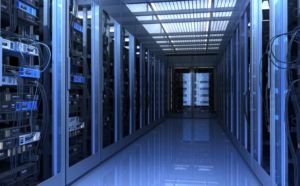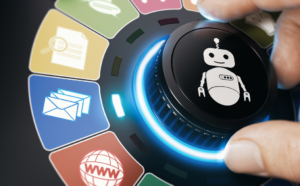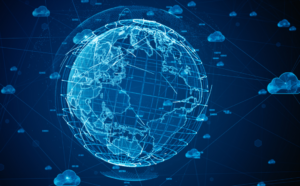The influence of technology on our daily lives is undeniable. The 21st century is often referred to as the age of science, technology, and data, marked by significant advancements that have emerged over recent decades.
- Rapid Access to Information
- Eliminating Social Distancing Issues
- Advancements in Healthcare
- Environmental Sustainability and Smart Cities
- Assisting Individuals with Disabilities
- Mitigating the Negative Effects of Technology
- Conclusion
Digital technology offers numerous benefits, especially in enhancing happiness and well-being. The ongoing growth of technology has enabled countries to save lives and improve overall quality of life. Here are some key advantages:
1. Rapid Access to Information
The internet provides unparalleled access to information from around the world. While much of what you see on social media is factual, it’s essential to verify sources. With a simple search, individuals can quickly find information about their health concerns. Numerous mobile apps also facilitate health tracking and wellness consultations, making it easier to maintain health and fitness.
2. Eliminating Social Distancing Issues
In today’s world, technology has redefined social distancing. It allows for seamless communication and connection, whether for work, education, or leisure activities. Although prolonged screen time can have downsides, technology has helped people stay connected and maintain social interactions, especially during challenging times like the pandemic. Online consultations with doctors have become more common, providing quick and convenient medical advice without the need for physical appointments.
3. Advancements in Healthcare
Technology has immense potential to transform healthcare. Innovations such as AI-driven drug trials and wearable health monitors have enhanced patient care. Telemedicine has made healthcare more accessible, regardless of socioeconomic status. Electronic Health Records streamline patient data management, improving efficiency and accuracy in treatment.
4. Environmental Sustainability and Smart Cities
Previously, technology was often viewed as detrimental to the environment. However, growing awareness of environmental protection has led to innovative solutions. For instance, converting plastic waste into building materials and developing remote sensors to detect wildfires demonstrate technology’s positive impact. Smart city initiatives utilize technology to minimize waste and optimize energy consumption, contributing to a healthier environment.
5. Assisting Individuals with Disabilities
Modern technology has revolutionized accessibility for individuals with disabilities. From electronic braille devices to navigation apps, technology is empowering people with disabilities to navigate their environments and improve their quality of life. Features like GPS for the visually impaired and accessibility apps facilitate everyday tasks and foster independence.
6. Mitigating the Negative Effects of Technology
While technology offers significant benefits, it can also have negative impacts, such as overuse and mental health issues. To harness its advantages while minimizing drawbacks, consider these strategies:
• Reduce Eye Strain: Keep screens at a comfortable distance, take regular breaks, and maintain eye health.
• Manage Smartphone Use: Replace late-night screen time with relaxing activities to improve sleep quality. Set usage limits to foster balance.
• Encourage Physical Activity: Engage in outdoor activities to combat a sedentary lifestyle and invite friends to join.
• Limit Social Media Use: Be mindful of social media consumption, recognizing its potential impact on mental health. Carefully curate what you share and consume online, and take breaks when needed.
7. Conclusion
While technology—such as the internet and smartphones—can negatively impact our well-being, it also has the potential to enhance our health and happiness. By being intentional about how we engage with technology, we can leverage its benefits without falling prey to its pitfalls. Thoughtful design and responsible usage can promote a healthier, happier life.





